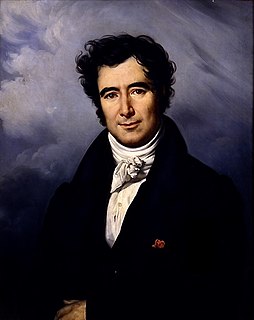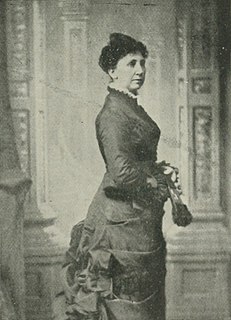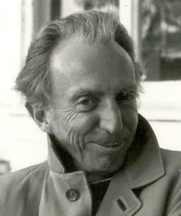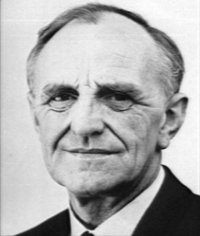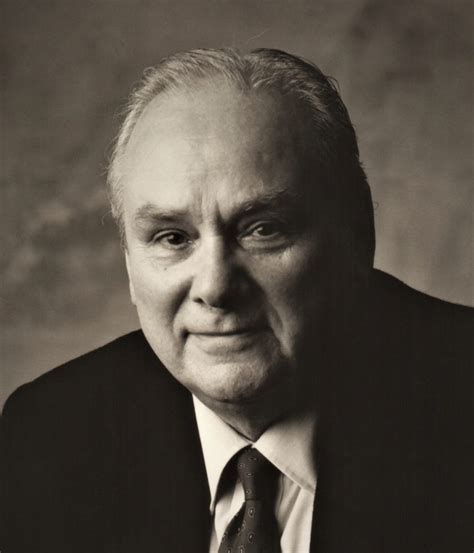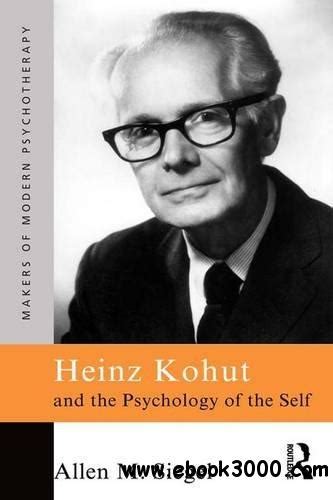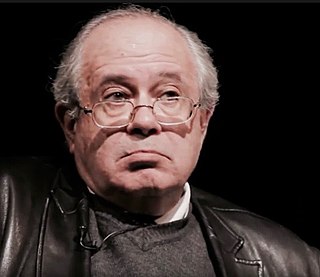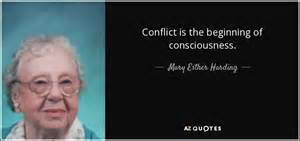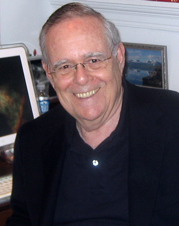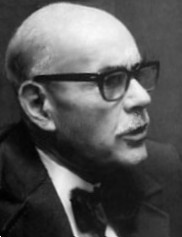A Quote by Lloyd deMause
Psychohistory, like psychoanalysis, is a science in which the researcher's feelings are as much or even more a part of his research equipment than his eyes or his hands. Weighing of complex motives can only be accomplished by identification with human actors, the usual suppression of all feeling preached and followed by most "science" simply cripples a psychohistorian as badly as it would cripple a biologist to be forbidden the use of a microscope. The emotional development of a psychohistorian is therefore as much a topic for discussion as his or her intellectual development.
Quote Topics
Accomplished
Actors
Badly
Biologist
Complex
Cripple
Cripples
Development
Discussion
Emotional
Emotional Development
Equipment
Even
Eyes
Feeling
Feelings
Followed
Forbidden
Hands
Her
His
His Eyes
Human
Identification
Intellectual
Intellectual Development
Like
Microscope
More
Most
Motives
Much
Only
Part
Psychoanalysis
Research
Researcher
Science
Simply
Suppression
Than
Therefore
Topic
Use
Usual
Weighing
Which
Would
Related Quotes
Whole great chunks of written history are of little value to the psychohistorian, while other vast areas which have been much neglected by historians - childhood history, content analysis of historical imagery, and so on - suddenly expand from the periphery to the center of the psychohistorian's conceptual world, simply because his or her own new questions require material nowhere to be found in history books.
This example illustrates the differences in the effects which may be produced by research in pure or applied science. A research on the lines of applied science would doubtless have led to improvement and development of the older methods - the research in pure science has given us an entirely new and much more powerful method. In fact, research in applied science leads to reforms, research in pure science leads to revolutions, and revolutions, whether political or industrial, are exceedingly profitable things if you are on the winning side.
The science of psychology has been far more successful on the negative than on the positive side... It has revealed to us much about man's shortcomings, his illnesses, his sins, but little about his potentialities, his virtues, his achievable aspirations or his psychological health... We must find out what psychology might be if it could free itself from the stultifying effects of limited, pessimistic and stingy preoccupations with human nature.
The motive of science was the extension of man, on all sides, into Nature, till his hands should touch the stars, his eyes see through the earth, his ears understand the language of beast and bird, and the sense of the wind; and, through his sympathy, heaven and earth should talk with him. But that is not our science.
When Eleanor's arm touched his he felt his hands grow cold with deadly fear lest he should lose the shadow brush with which his imagination was painting wonders of her. He watched her from the corners of his eyes as ever he did when he walked with her-- she was a feast and a folly and he wished it had been his destiny to sit forever on a haystack and see life through her green eyes.
His brothers could tease him about his height or the number of scars he was collecting on his body. He could take the joke when they said he would die having never won a fair wrestling match. But the topic of Bettin still smarted too much. He'd imagined being with her always. Now when he closed his eyes, he had trouble imagining anything else.
Reason cannot desire for man any condition other than that in which not only every individual enjoys the most absolute, unbounded freedom to develop himself out of himself, in true individuality, but in which physical nature, as well, need receive no other shaping by human hands than that which is given to her voluntarily by each individual, according to the measure of his wants and his inclinations, restricted only by the limits of his energy and his rights.
I was often humiliated to see men disputing for a piece of bread, just as animals might have done. My feelings on this subject have very much altered since I have been personally exposed to the tortures of hunger. I have discovered, in fact, that a man, whatever may have been his origin, his education, and his habits, is governed, under certain circumstances, much more by his stomach than by his intelligence and his heart.
Today the manliest man would be ashamed to look into the eyes of the woman by his side and tell her that he is the master because he could knock her down with perfect ease, and break her bones with much greater facility than she could his. And yet, out of man's brute nature, out of that most ignoble in himself, has come his loudest assumption of superiority, his longest and lowest tyranny.
Many good Christians are confused about complex social issues of our day, such as doctor-assisted death or medical research which uses stem cells from human embryos. They wonder, 'Why shouldn't science use discarded fetuses for research?' And if someone finds his medical condition intolerable and hopeless, 'why shouldn't he have the legal right to end his life?' Although the Bible does not address these issues in particular, it does provide guiding insights.










